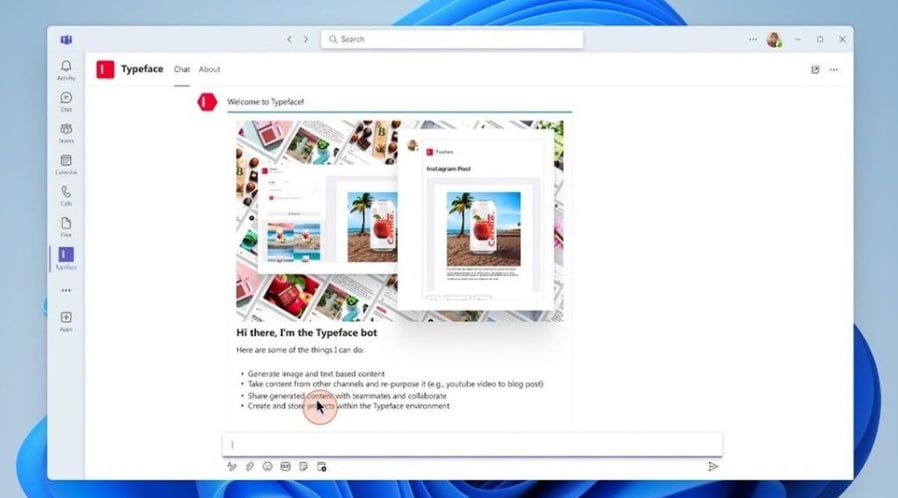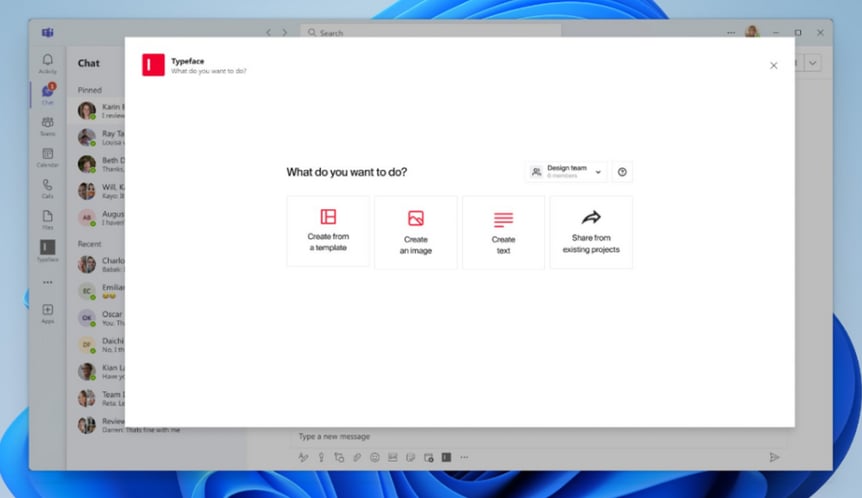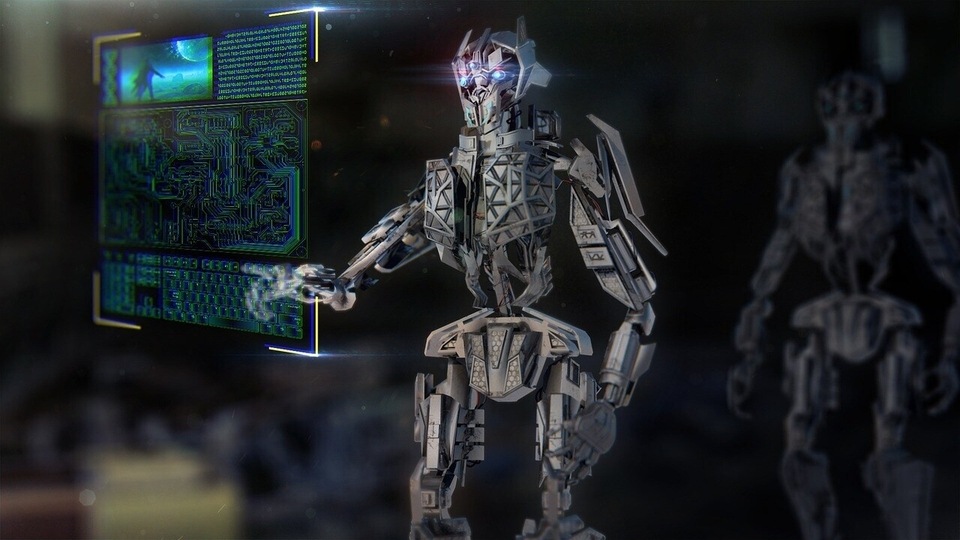5 things about AI you may have missed today: AI microscope, generative AI in gaming and more
AI Roundup: AI-powered microscope for malaria detection installed in Odisha's Malkangiri; Databricks raises $500 million in funding; Generative AI to play a significant role in video game development, and more.





 View all Images
View all ImagesAI Roundup: An AI-powered microscope, developed by IIT Bombay, has been introduced at a district hospital in Malkangiri, Odisha, for malaria diagnosis; a study by Bain & Company predicts that generative AI will play a significant role in over 50 percent of video game development in 5-10 years. In a separate development, Guide to Europe unveiled its generative AI-powered travel planner. All this, and more in today's AI roundup.
1. AI-powered microscope to detect Malaria installed in Odisha's Malkangiri
PTI reported on Thursday that a first-ever AI-powered microscope has been installed at the district headquarters hospital in Malkangiri, Odisha. The microscope, developed by the Indian Institute of Technology (IIT) Bombay, has been installed on a pilot basis and was inaugurated by Malkangiri chief district medical and public health officer Prafulla Kumar Nanda. It can help diagnose malaria easily with clinical accuracy and can differentiate between P falciparum and P vivax - two parasites of the disease.
2. Databricks raises $500 million in funding, will develop more AI tools
American enterprise software company Databricks raised $500 million in funding including investment by chip maker Nvidia, taking its total valuation to $43 billion, Bloomberg reported on Thursday. The company recently unveiled its AI LLM that can be used to create ChatGPT-like applications. Databricks Chief Executive Officer Ali Ghodsi said, “We're very excited about this strategic partnership with Nvidia to build custom large language models. This investment lets us double down on our generative AI strategy.”
3. Generative AI will aid over 50 pct video game development, reveals study
According to research conducted by Bain & Company, generative AI will contribute to over 50 percent of video game development within the next 5 to 10 years. The study, titled “How will Generative AI Change the Video Game Industry”, involved surveying 25 gaming executives. According to the research, most of them believe that generative AI will improve game quality and deliver games faster, while 20 percent also believe that it would lower development costs.
4. Now book your travel itinerary with AI
Travel company Guide to Europe unveiled its generative AI-powered travel planner called Travis on Thursday. In a release, the company revealed that its new chatbot uses AI algorithms to create optimized travel itineraries based on customer preferences, attraction proximity, review data, opening hours, and other critical variables. Dr. Helgi Helgason, the Head of AI at Guide to Europe said, “We're delighted to introduce a chatbot that revolutionizes how people plan their travels. Travis allows users to interact and search for the perfect trip using natural language.”
5. Lumafield introduces AI tool to solve engineering problems
Lumafield introduced its new AI tool called Atlas on Thursday which can solve complex manufacturing and engineering problems in simple language. In a release, the company announced that its new AI-powered tool helps engineers work faster by answering questions and solving complex engineering and manufacturing challenges using plain language. Andreas Bastian, Lumafield's Co-Founder and Head of Product said, “Atlas gives every engineer access to a level of expertise that's only been available to the largest and wealthiest companies—until now.”
Catch all the Latest Tech News, Mobile News, Laptop News, Gaming news, Wearables News , How To News, also keep up with us on Whatsapp channel,Twitter, Facebook, Google News, and Instagram. For our latest videos, subscribe to our YouTube channel.

























